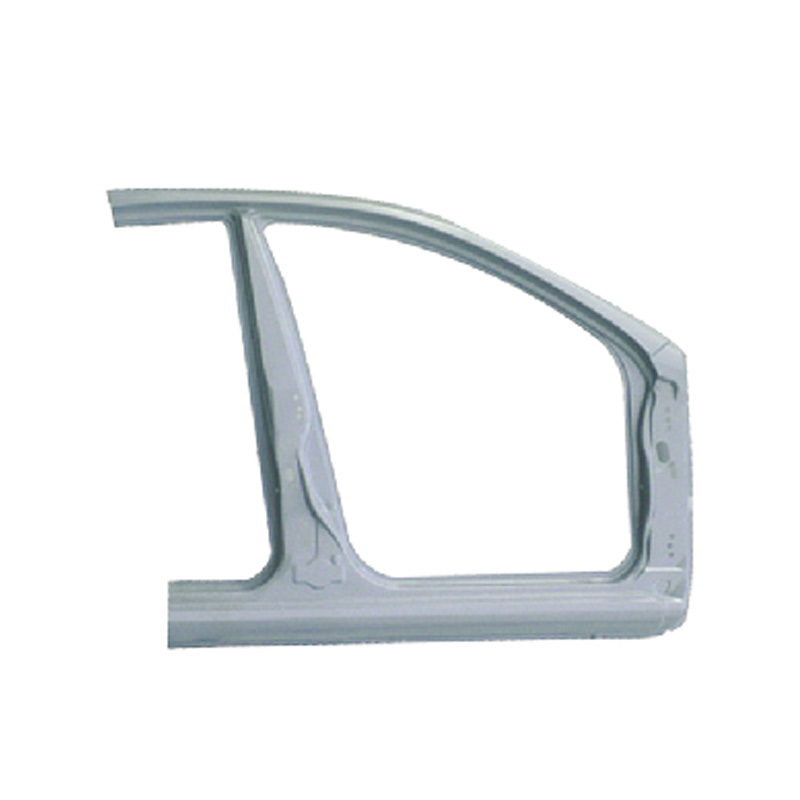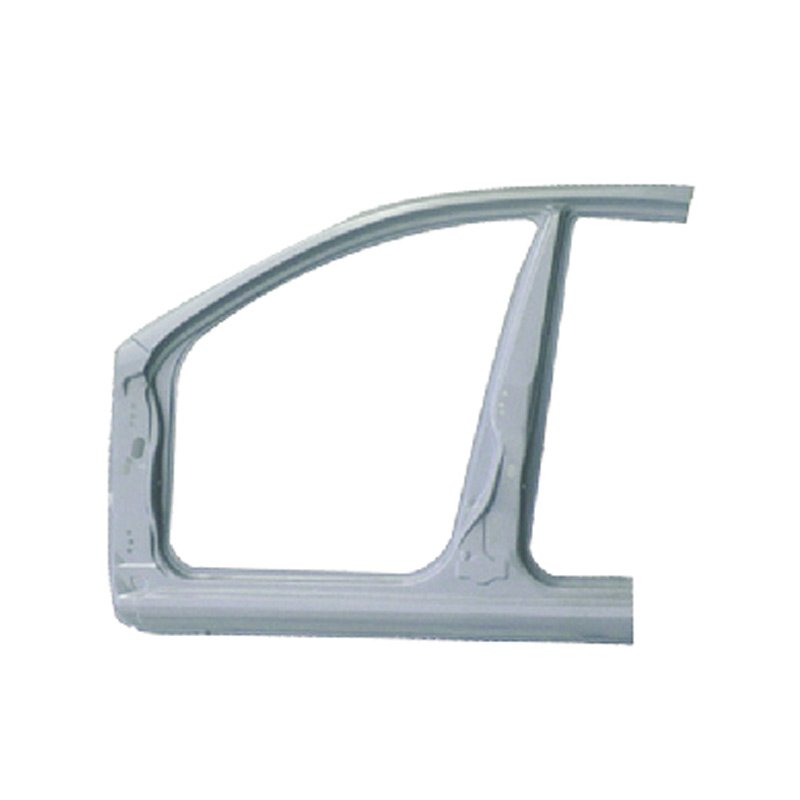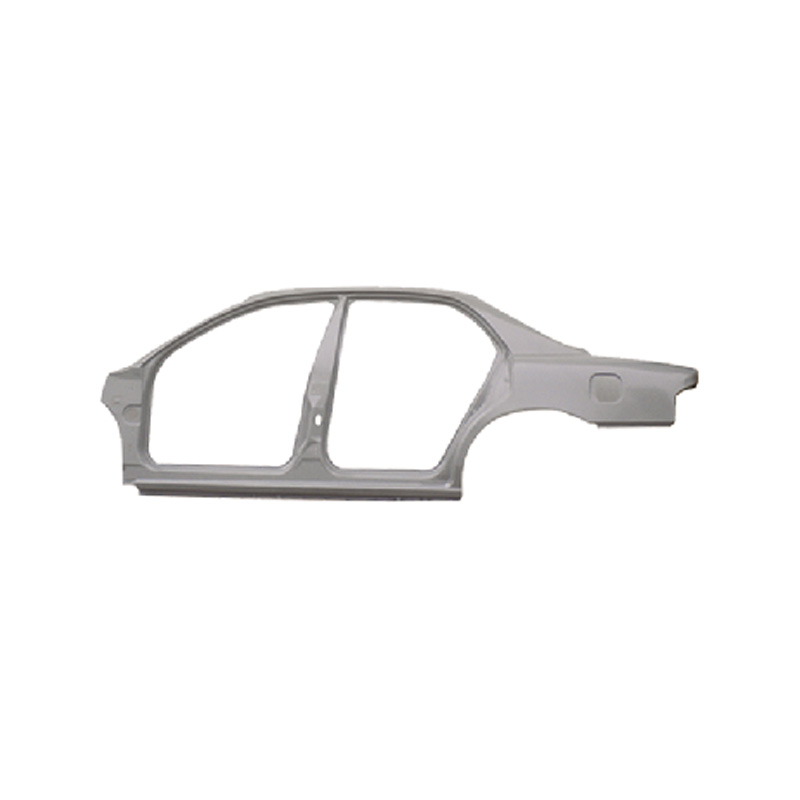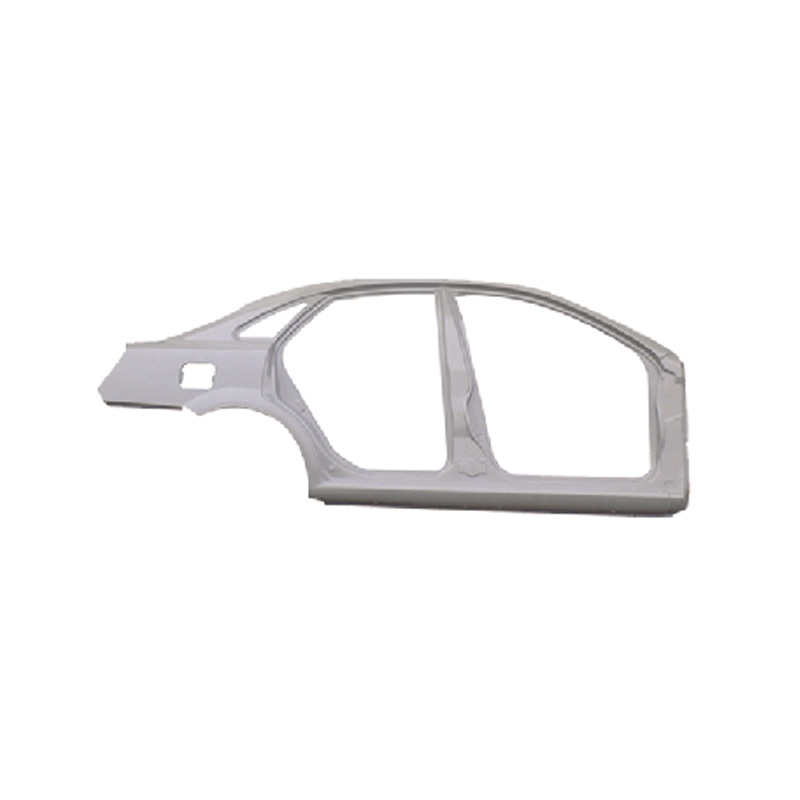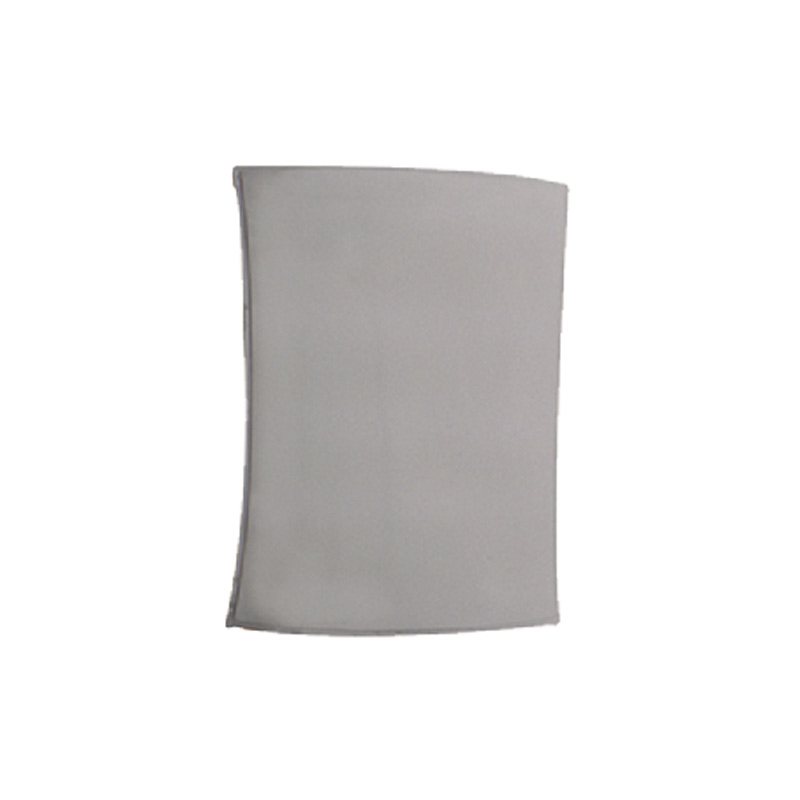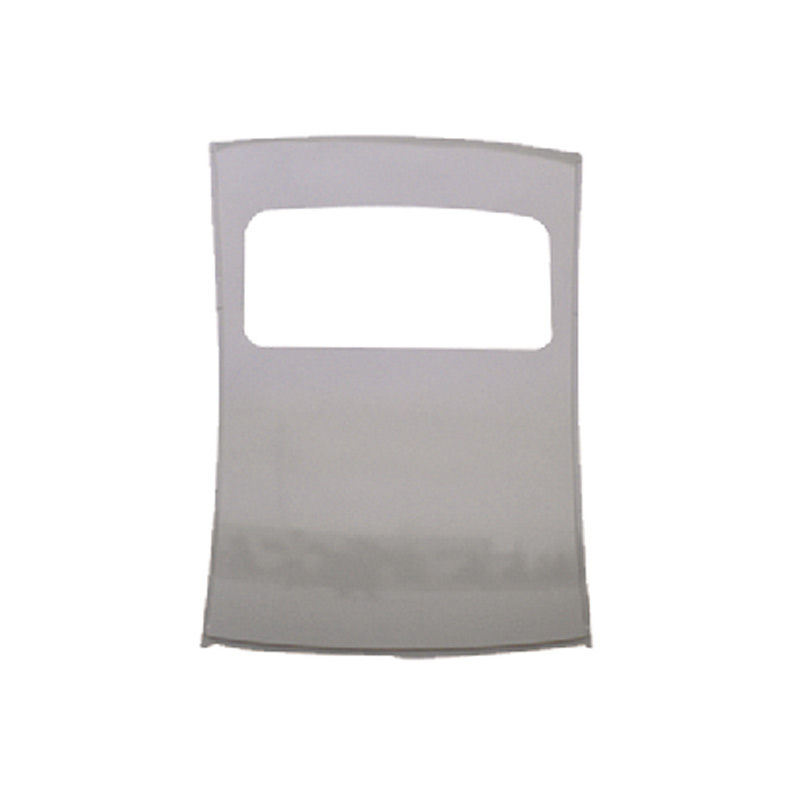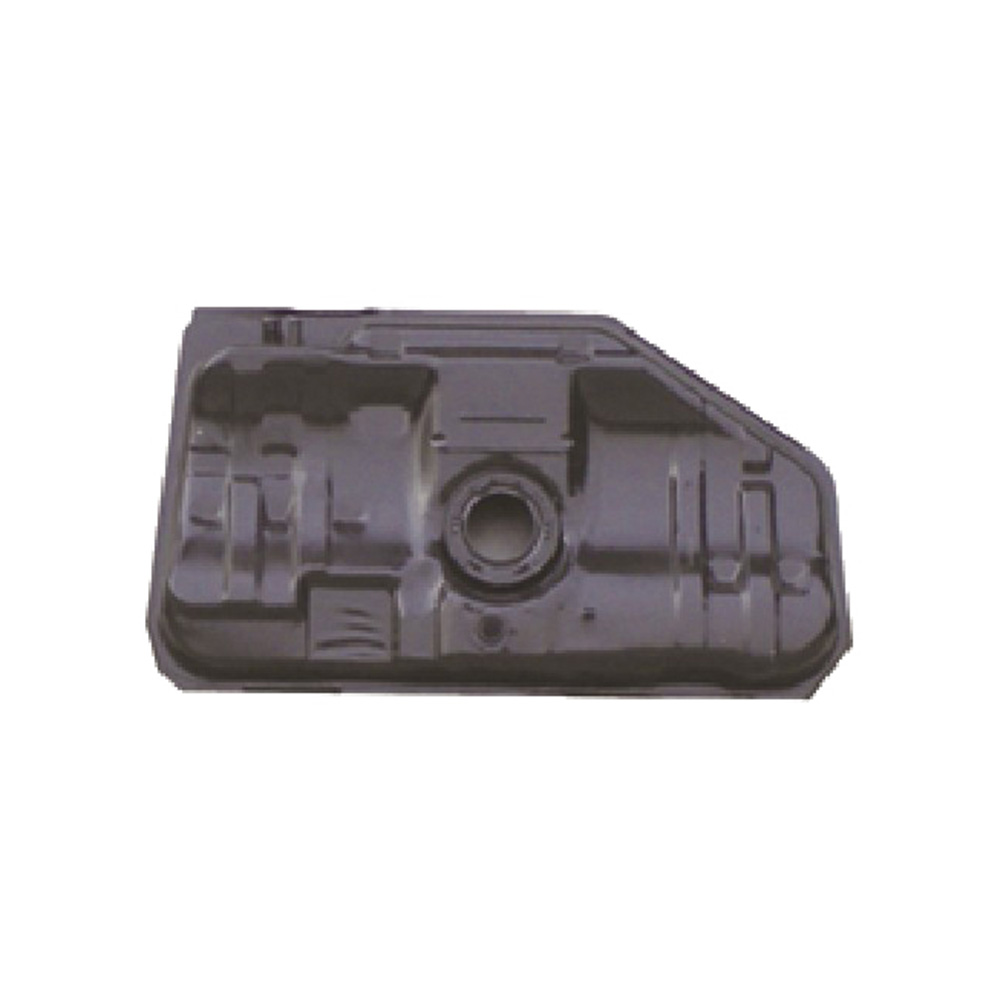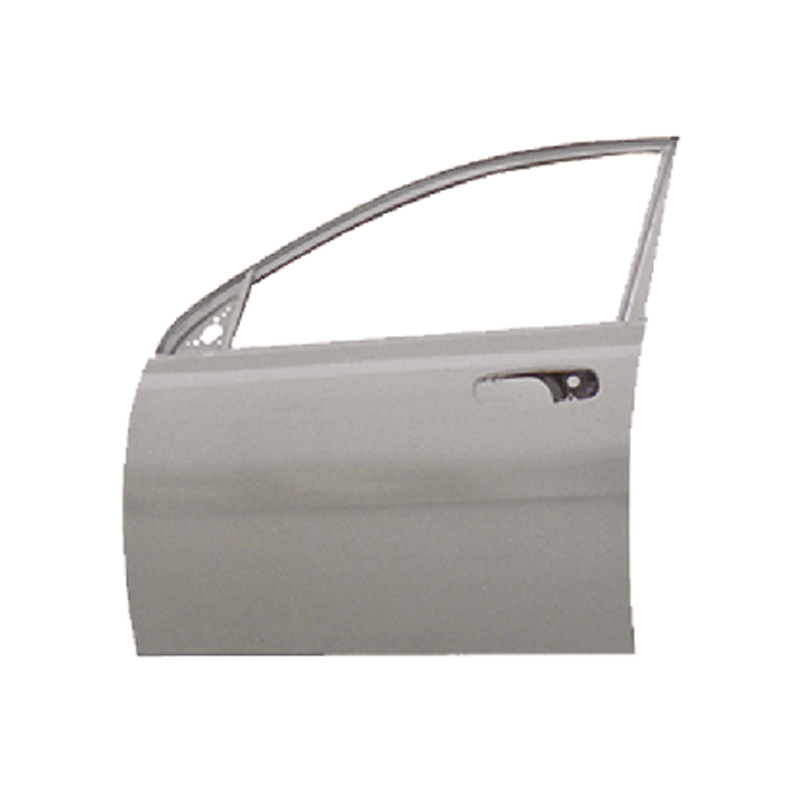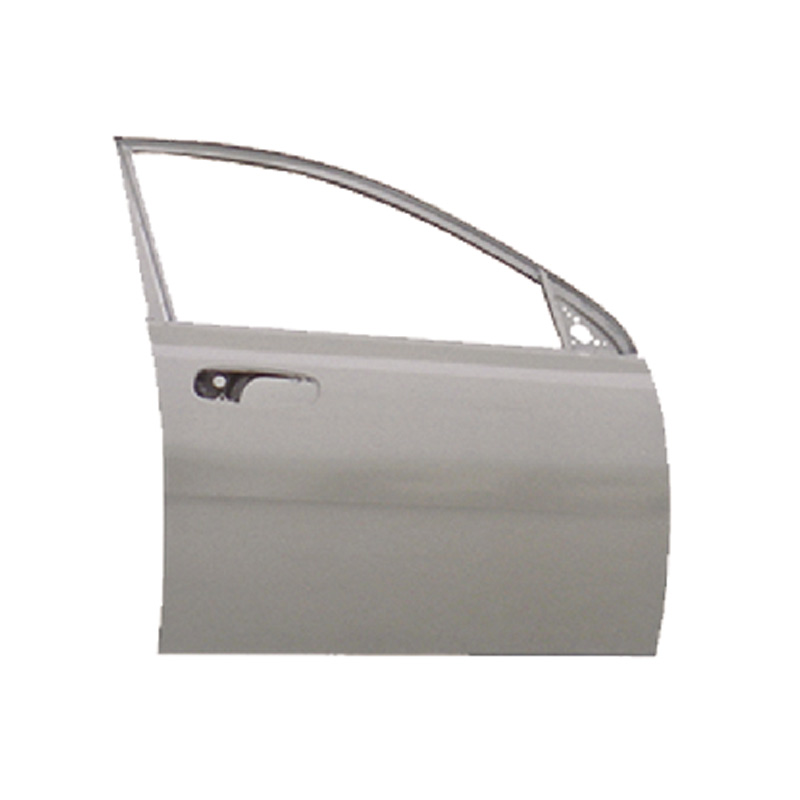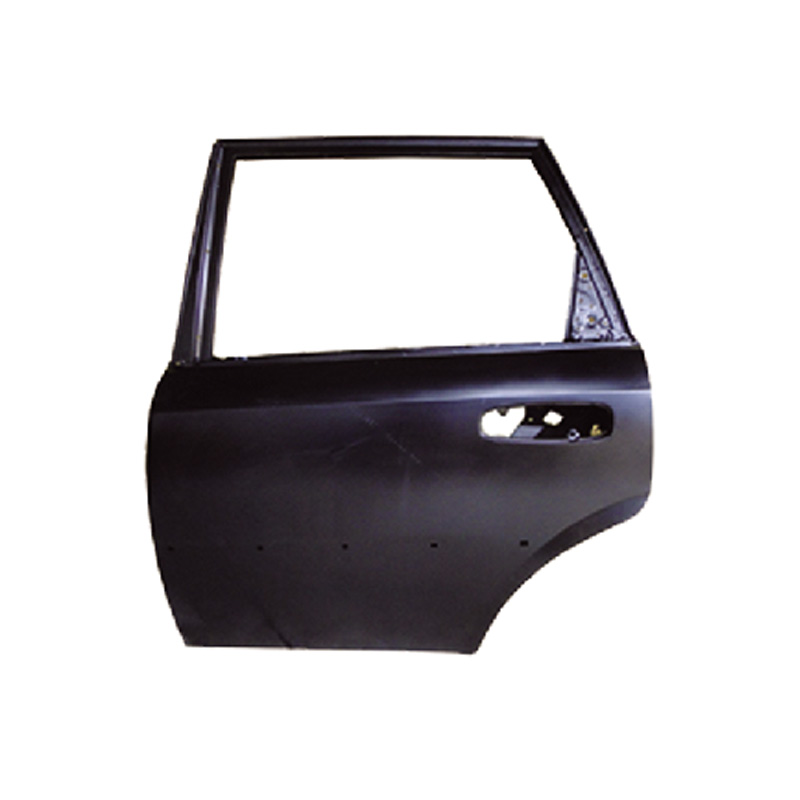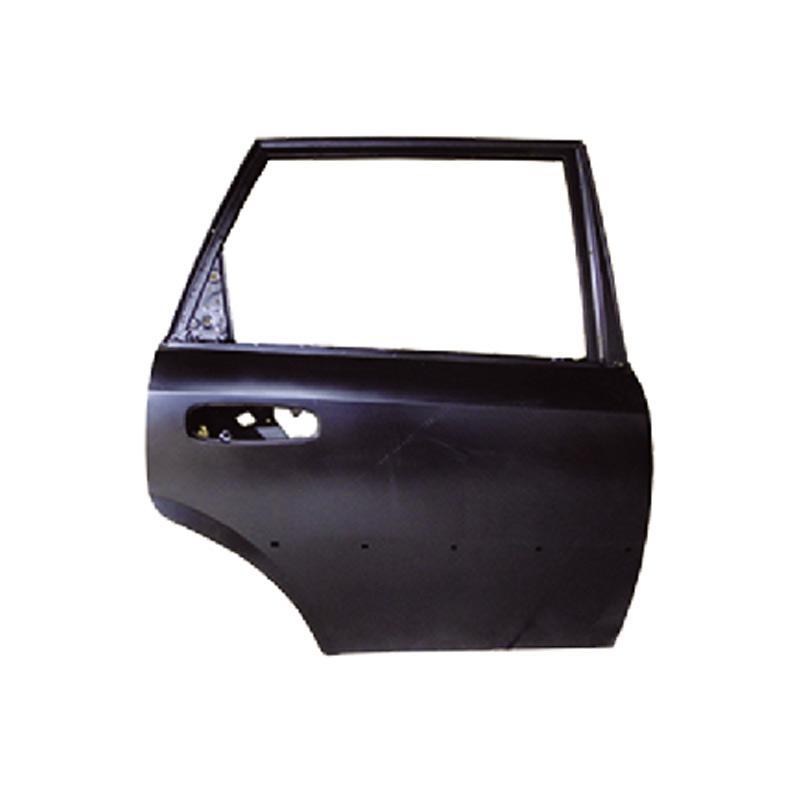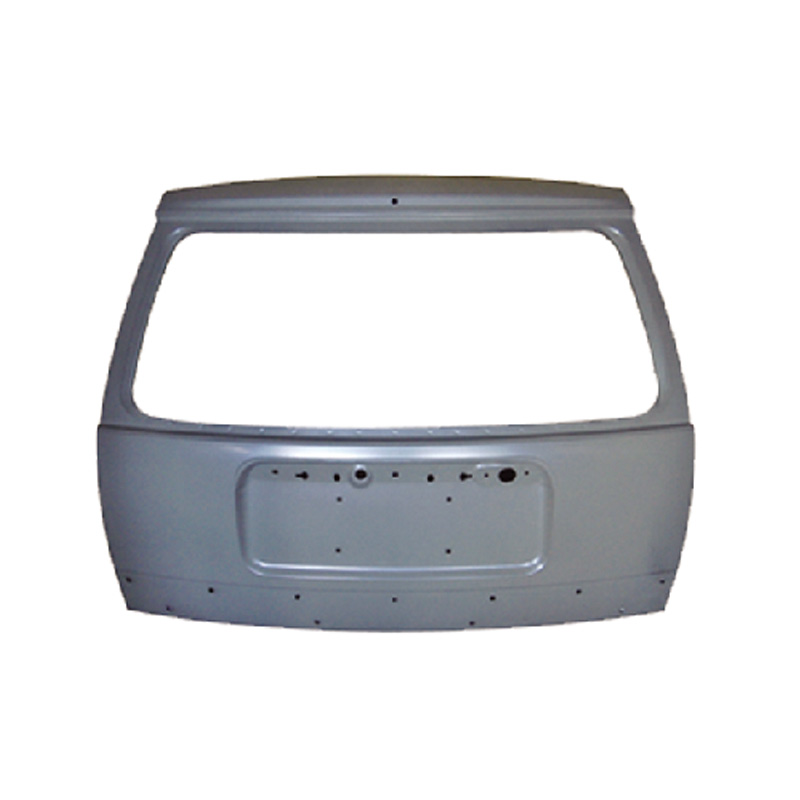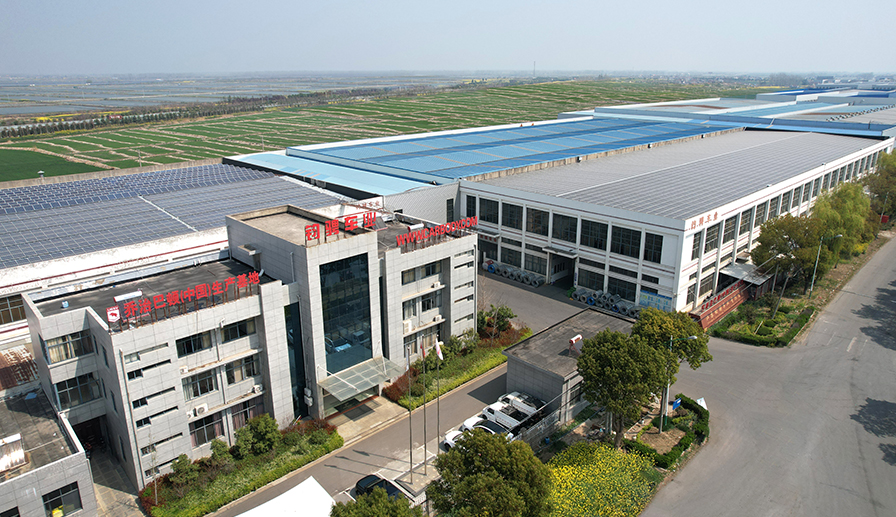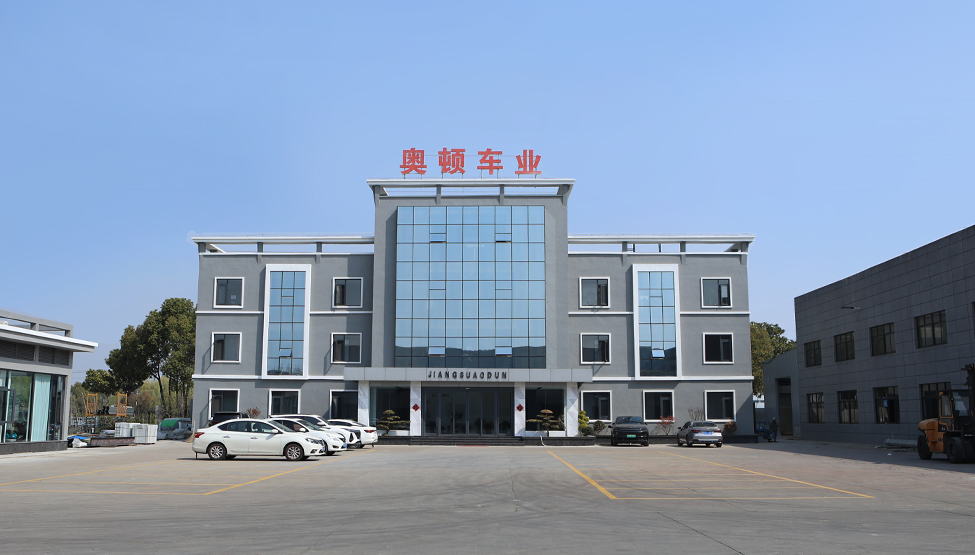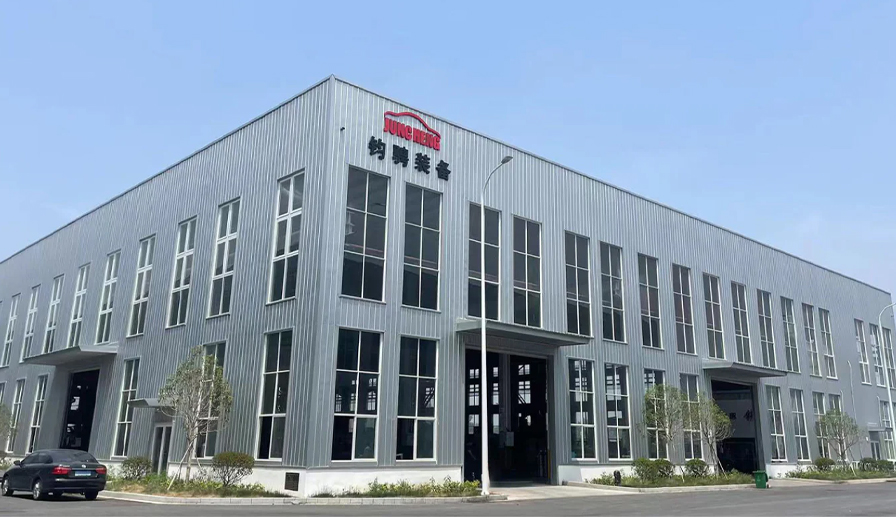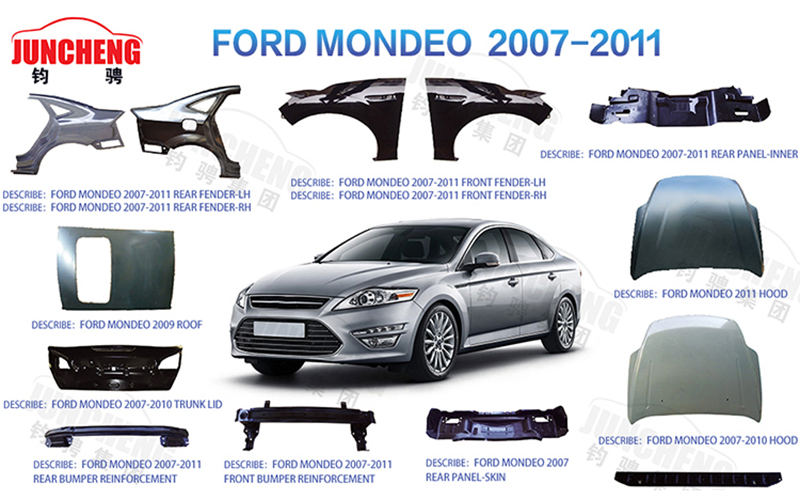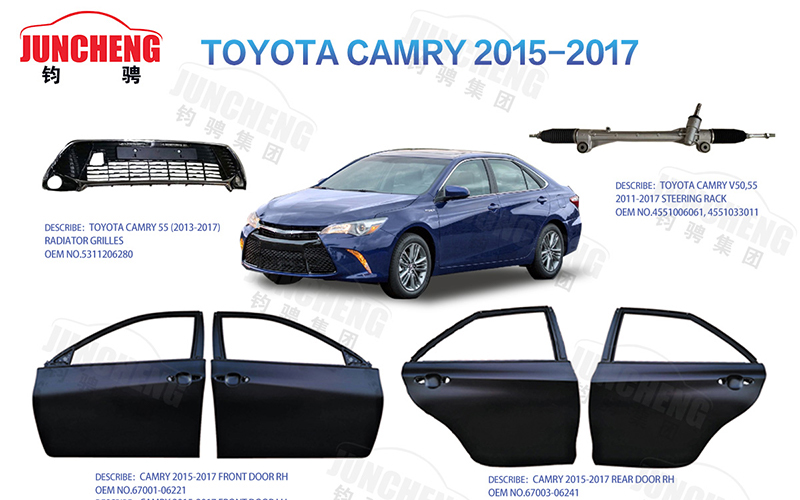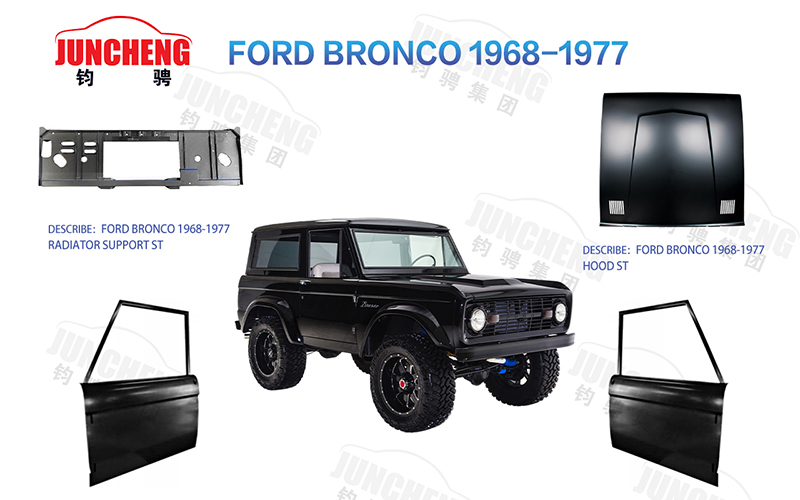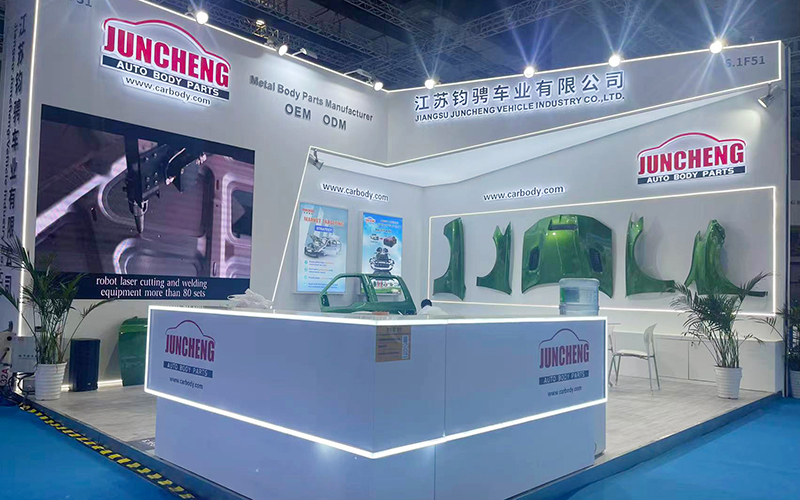What are the effects of urban roads and off-road environments on the selection of Chevrolet parts?
Overview of Environmental Factors Influencing Chevrolet Part Selection
The selection of Chevrolet parts must consider the vehicle’s operational environment, as different road conditions impose varied structural, mechanical, and durability requirements on key components. Urban driving environments often involve smoother pavements, frequent braking, and continuous stop-and-go traffic patterns, while off-road environments expose vehicles to uneven terrain, stone impacts, mud, and higher mechanical stress. Understanding how these conditions influence part performance is essential for ensuring long-term stability and maintaining vehicle functionality. Manufacturers such as Juncheng Vehicle Industry Group, which specializes in automotive sheet metal parts and supports complete classic vehicle manufacturing, contribute to this understanding through their emphasis on structural integrity, precision forming, and long-term durability in component design. Their production experience demonstrates how material selection, forming techniques, and reinforcement strategies must be adjusted to meet environmental demands.
Impact of Urban Road Conditions on Structural and Functional Requirements
Urban road conditions typically feature flatter terrain and more predictable surfaces. However, they also introduce frequent driving cycles, including acceleration, deceleration, and turning maneuvers, all of which affect component wear. Parts such as brake rotors, bushings, control arms, and sheet metal panels must withstand repetitive operational stress rather than high-impact loads. Chevrolet vehicles used primarily in urban areas often benefit from parts designed for predictable mechanical loads, stable temperature conditions, and consistent contact with paved surfaces. Sheet metal components—from fenders to rocker panels—must maintain dimensional accuracy and corrosion resistance, especially because urban environments can involve exposure to pollutants and salt during winter seasons. Juncheng Vehicle Industry Group’s focus on coated steel and precision surface treatments aligns well with the needs of urban-centered Chevrolet vehicles, as such treatments help preserve appearance and structural reliability over time.
Influence of Off-Road Conditions on Part Strength and Material Selection
Off-road environments place significantly higher mechanical demands on Chevrolet parts, particularly in models designed for rugged use such as trucks and SUVs. Components must withstand rock strikes, mud accumulation, ground contact, and frame twisting forces. Sheet metal parts used in off-road vehicles may require reinforced construction or higher-grade alloys to resist deformation. Skid plates, wheel arch panels, bumpers, and underbody structures require stable load-bearing performance, which closely matches the expertise of Juncheng Vehicle Industry Group in producing durable sheet metal assemblies. Off-road conditions may also require specific coatings to resist abrasion caused by dirt and stones. Thus, selecting Chevrolet parts for this environment often involves a preference for thicker gauge metals, reinforced brackets, corrosion-resistant coatings, and enhanced weld integrity that supports high-stress usage.
Differences in Suspension Part Requirements Between Urban and Off-Road Use
Suspension systems experience different modes of stress depending on the driving environment. In urban settings, suspension components mainly absorb moderate shocks from potholes and speed bumps. Conversely, off-road driving subjects these parts to unpredictable impacts, sudden displacement forces, and continuous vibration. As a result, the selection of suspension-related Chevrolet parts—such as control arms, shock absorbers, and mounting brackets—must vary accordingly. Off-road usage often requires parts made from thicker steel, aluminum alloys with strengthened cross-sections, or components incorporating multi-point reinforcement. Juncheng Vehicle Industry Group’s experience in producing structurally dependable sheet metal for the automotive industry illustrates how manufacturing precision influences suspension performance, particularly when parts must sustain forces beyond typical urban driving scenarios.
Effect of Environmental Stress on Exterior Sheet Metal Components
Exterior sheet metal parts are among the components most visibly affected by environmental conditions. Urban vehicles may experience minor collision risks due to tight parking spaces and traffic congestion, increasing the need for dent-resistant materials and dimensionally stable panels. Off-road vehicles frequently encounter impacts from brush, stones, and uneven terrain, necessitating tougher outer panels and reinforced edges. Juncheng Vehicle Industry Group’s attention to material behavior during deep-drawing, stamping, and bending processes ensures that sheet metal parts maintain stability under different stresses. For Chevrolet vehicles in off-road environments, reinforced fenders, stronger bumpers, and improved rocker panel construction may be essential. These adaptations reduce the likelihood of deformation and maintain protective functions during demanding driving conditions.
Performance Demands on Drivetrain and Powertrain Components
The drivetrain and powertrain of a Chevrolet vehicle experience distinct operational pressures depending on the driving environment. Urban driving often involves repeated low-speed acceleration, causing gradual wear on transmission components, while off-road driving requires torque delivery across challenging surfaces such as gravel, sand, or mud. Components such as axle shafts, drive shafts, differential housings, and transmission mounts may require upgraded materials or enhanced sealing structures for off-road use. The structural reinforcement strategies employed by Juncheng Vehicle Industry Group in their sheet metal production—including high-strength forming and precision-aligned weld construction—support the durability needed for powertrain mounting components. As a result, selecting the correct Chevrolet parts requires understanding the mechanical loads expected in the vehicle’s primary environment.
Urban vs. Off-Road Influences on Chevrolet Part Selection
| Component Category | Urban Road Requirements | Off-Road Requirements |
|---|---|---|
| Sheet Metal Panels | Corrosion resistance, dent control | Reinforced structure, abrasion resistance |
| Suspension Parts | Smooth action, moderate damping | High shock absorption, reinforced brackets |
| Powertrain Mounts | Vibration control | High load support and increased durability |
| Exterior Trim | Scratch resistance | Impact tolerance and stable fastening |
| Drivetrain Components | Consistent wear resistance | Torque stability across uneven terrain |
Environmental Influence on Corrosion Protection Needs
Urban environments can expose Chevrolet vehicles to pollutants and road salt, especially in regions with winter de-icing practices. This increases the need for corrosion-resistant coatings and well-sealed joints in structural parts. Off-road environments, by contrast, introduce water, mud, and organic matter that may accumulate in hidden areas of the vehicle. These factors can accelerate corrosion if protective layers are insufficient. Juncheng Vehicle Industry Group applies coating systems and surface treatments that support long-term corrosion resistance, reflecting manufacturing practices that align with the needs of both environments. However, off-road conditions may require additional sealing or thicker coatings, especially on lower-body sheet metal parts.
Impact of Terrain on Fastening and Joint Integrity
Fastening quality significantly influences the durability of Chevrolet parts. Urban driving typically causes predictable vibration patterns, meaning standard fastener materials and torque specifications are generally sufficient. Off-road environments expose joints to more intense vibration, sudden impacts, and dust intrusion. Suspension mounts, cross-members, and body-to-frame connectors may require stronger fasteners or more precise installation practices. Juncheng Vehicle Industry Group’s experience in sheet metal assembly ensures tight dimensional tolerances at mounting points, contributing to stable joint performance under varying conditions. Selecting appropriate fastening designs is essential to maintaining structural integrity, especially for Chevrolet models used in rugged environments.
Matching Chevrolet Part Selection to Environmental Demands
The selection of Chevrolet parts is highly dependent on whether the vehicle is primarily used in urban road conditions or off-road environments. Urban environments emphasize predictability, corrosion protection, and resistance to minor impacts, while off-road conditions require stronger materials, reinforced structures, and components capable of enduring unpredictable mechanical loads. Manufacturers such as Juncheng Vehicle Industry Group, with their expertise in automotive sheet metal production and classic vehicle development, provide valuable insight into how material strength, forming precision, and structural reinforcement influence part performance. By considering road conditions during the part selection process, technicians and vehicle owners can ensure compatibility, enhance reliability, and maintain stable functionality across diverse driving environments.

 English
English Español
Español عربى
عربى русский
русский 中文简体
中文简体
